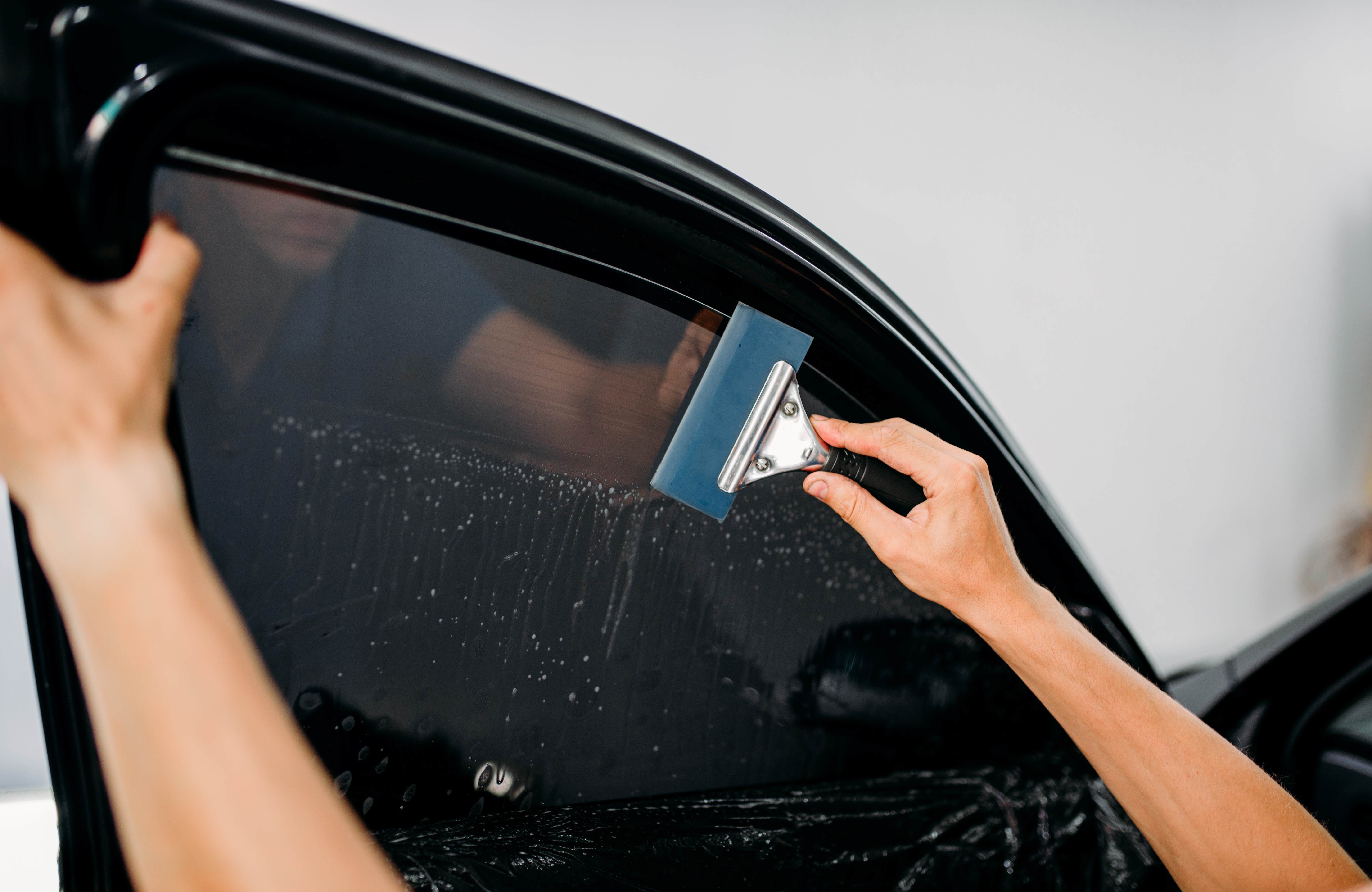Every investment a company makes should yield a measurable return. Whether it’s in technology, personnel, or even transportation, companies are always on the lookout for ways to boost efficiency and enhance the bottom line. One often overlooked yet highly effective investment is window tinting for company vehicles. While it may seem like a simple cosmetic upgrade, tinting can provide a host of benefits, from reducing costs to improving employee productivity, and ultimately enhancing the overall image of a brand.
Enhancing Energy Efficiency and Reducing Costs
One of the primary benefits of tinted company vehicles is the potential for significant cost savings, particularly in terms of energy efficiency. Vehicles with standard glass allow a considerable amount of sunlight to enter, increasing the internal temperature of the vehicle. As a result, air conditioning systems are forced to work harder to maintain a comfortable temperature, which leads to increased fuel consumption.
Window tinting helps mitigate this problem by blocking a large percentage of solar heat from entering the vehicle. High-quality window tints can reject up to 99% of harmful ultraviolet (UV) rays and reduce the overall heat gain by up to 60%.
By decreasing the vehicle’s internal temperature, less energy is required to cool the vehicle, which translates to lower fuel consumption and reduced wear on the air conditioning system. Over time, this can lead to substantial savings on fuel and maintenance costs, contributing positively to the company’s ROI.
Prolonging Vehicle Lifespan
Company vehicles are valuable assets, and keeping them in good condition for as long as possible is essential for maximizing their value. The sun’s UV rays and heat can cause significant damage to a vehicle’s interior over time. Leather seats can crack, dashboards can warp, and upholstery can fade, all of which can reduce the resale value of the vehicle.
But with window tint, companies can protect the interior of their vehicles from UV damage. The tint acts as a barrier, preventing the sun’s harmful rays from penetrating the glass and degrading the materials inside. This not only preserves the vehicle’s appearance but also helps extend its lifespan, reducing the frequency of costly repairs or replacements. As a result, businesses can maintain the value of their fleet and maximize their return on investment.
Improving Employee Comfort and Productivity
Employee well-being plays a critical role in maintaining productivity, and the comfort of a vehicle’s interior can directly impact the performance of those who use it. Company drivers or employees who spend long hours behind the wheel are often exposed to harsh sunlight, which can cause discomfort, fatigue, and even long-term health issues such as skin damage.
With window tinting, vehicles are able to offer a more comfortable environment for employees. By blocking a significant amount of heat and glare, tinting reduces the strain on drivers, allowing them to focus on the road without the distraction of harsh sunlight. Additionally, the protection from UV rays can help prevent skin damage, reducing the risk of skin cancer for employees who are frequently exposed to sunlight during their workday.
Enhancing Brand Image and Professionalism
A company’s fleet of vehicles is often one of the most visible aspects of its brand, acting as mobile advertisements for the business. The appearance of these vehicles can have a significant impact on the perception of the brand, influencing both customers and competitors alike.
Tinted windows can add a sleek and professional look to a company’s fleet, enhancing the overall image of the brand. A well-maintained vehicle with tinted windows not only looks modern and sophisticated but also conveys a sense of attention to detail and professionalism. This can be particularly beneficial for businesses that rely on a strong brand image, such as those in the service industry, real estate, or transportation sectors.
Safety and Security Benefits
In addition to improving comfort and aesthetics, window tinting also offers safety and security advantages that contribute to its overall value. Tinted windows are designed to hold glass together in the event of an accident, preventing the glass from shattering and potentially causing injuries to the vehicle’s occupants. This added layer of protection can be particularly valuable in high-risk industries where company vehicles are frequently on the road.
Moreover, the increased privacy that window tinting provides can help deter theft. Thieves won’t prefer to target cars that have tints because they can’t see what’s inside. This security can give businesses peace of mind, knowing that their assets and employees are better protected.
Conclusion
Tinting company vehicles is more than just a cosmetic enhancement—it’s a strategic investment that can offer substantial returns. By carefully considering the financial and operational impact of tinting, companies can make an informed decision that not only protects their assets but also contributes to long-term savings and efficiency. Investing in window tinting for company vehicles is a decision that ultimately strengthens a business’s bottom line.


